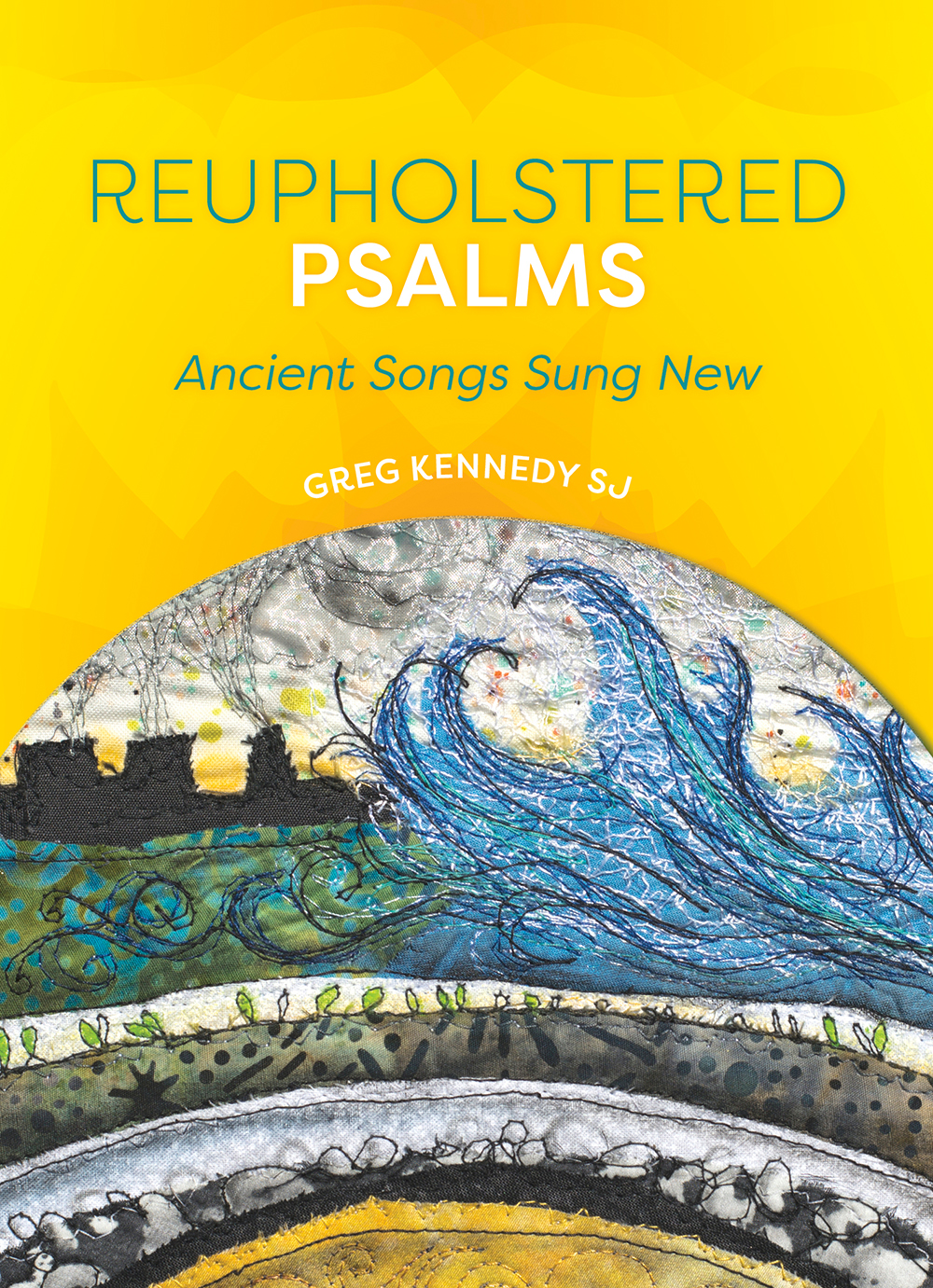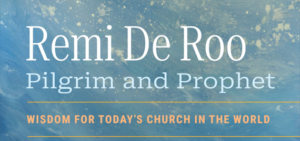
INTERVIEW WITH GREG KENNEDY, SJ, AUTHOR OF REUPHOLSTERED PSALMS
- What is the Reupholstered Psalms about?
This book contains reworked versions of the first 50 psalms in the Hebrew Bible. I call them “reupholstered” because the technique used in writing them is akin to the wise and, unfortunately, underutilized art of restoring old armchairs and sofas by replacing their fabric. The original psalms enjoy pride of place both in Jewish and Christian prayer, thanks to their honesty and potency. They express a faithful vigor that both evokes and provokes strong emotional engagement. In reupholstering the originals, I wanted to retain their affective substance, their solid, tell-it-as-it-is frame. In order to keep the psalms serviceable, I had to cover their emotional “bones” with the fabric of today. Ecological calamity, run-away consumerism, political polarization, globalized injustice, a dark horizon for contemporary youth, these and many other features of our modern world generate very strong, if often ignored, reactions in us. The reupholstered psalms attempt to give voice to these reactions with the same raw intensity of those composed some 2,500 years ago. By freely changing the coverings, I hope to have extended the meaningful life of the pieces. In a sense, I was poetically practicing the second of the three R’s (Reduce, Re-use, Recycle). Reupholstered Psalms, then, is a collection of carefully re-used ancient prayers.
- What inspired you to write these psalms?
Many scientists now call our era the “Anthropocene,” meaning that human beings are the chief geological and biological force on the face of the planet. My position in the Anthropocene has always greatly troubled me. Our violent disrespect for Creation, it seems very clear to me, grieves the Creator. God knows we can do better. We know it too. In fact, we even know, although we suppress the knowledge under all sorts of desires, fears and demands, that our salvation is somehow tied to the redemption of Creation as a whole. We cannot do systematic violence to other creatures without degrading and depressing ourselves. These psalms are inspired by this deep knowledge of our interdependence and the sacredness of Earth, which is so divinely loved, that God wanted to become part of it through Jesus. Behind all of them is a conviction that stark, unvarnished prayer about our current situation is necessary and fruitful.
- What is your biggest goal for this book?
In short, that it be prayed. The Church has long subscribed to the truth of lex orandi lex credenda, which fundamentally means that what we pray is what we believe. Many of us moderns do very little praying. Even fewer pray for suffering Creation, which, of course, includes every suffering human being, i.e., all of us. If we are not praying about climate change, climate refugees, extinction of species, pollution, nuclear weapons, deforestation, ubiquitous cancers, social inequality, insane economies, then we simply can’t believe they are important and worthy of a faithful response. In many ways, when Christianity ignores these realities, it just busies itself with washing the outside of the cup, while the inside grows filthier and filthier.
- What have been the greatest rewards in writing this book?
For me, creativity is the chief attribute of God. We know God loves because we experience God’s creating and creation. By writing poetry I feel that I participate a little in divine creativity. Furthermore, all these psalms arrived to me out of prayer and praying is always rewarding.
- What have been the greatest challenges?
Despite my response to the question above, I often swing between appreciating the poems and finding them deplorable. The greatest challenge in most things is walking the middle road, which usually follows the way of truth. In my case here, the challenge is not to delude myself that I’m Shakespeare, nor write myself off as a pathetic, poetic hack without a scrap of talent.
- Any final words to your readers?
Please pray for Creation and let your prayers convert you into an agent of embodied, grateful, generous reconciliation.
–Greg Kennedy SJ is a Jesuit priest working as a spiritual director at the Ignatius Jesuit Centre in Guelph, Ontario. His prayer often takes the form of poetry. Care of creation is central to his vocation. His new book, Reupholstered Psalms: Ancient Songs Sung New is now available for purchase.



